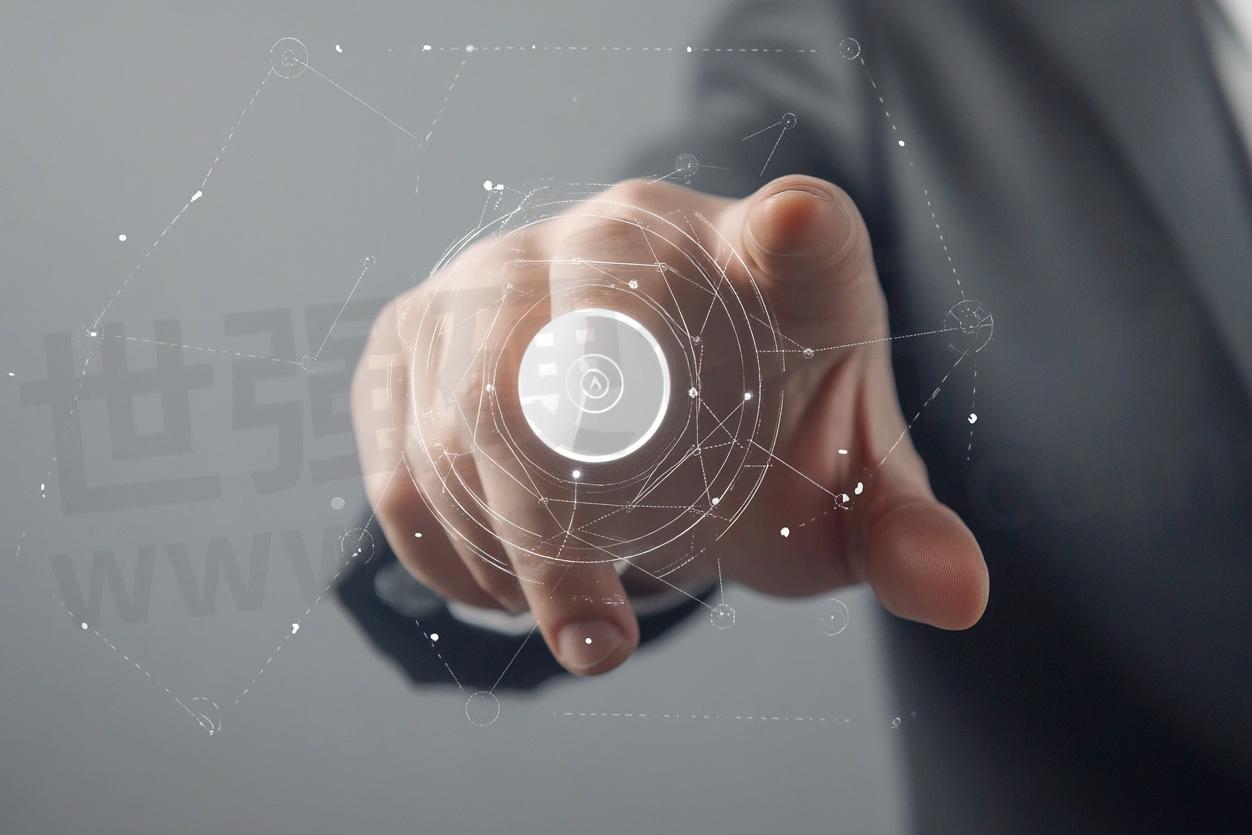What is Haptics? Perspectives from Top Sources


How do top blogs and sources define “haptics”? This seemingly straightforward question reveals a spectrum of interpretations, mirroring the complexity of the technology itself.
Haptics weaves itself into the fabric of our lives, not just as a component of technology but as a fundamental human experience—connecting, engaging, and enhancing our interactions in a digital age. Its impact is profound, bridging the gap between the digital and physical worlds and redefining our interactions with technology.
Like observing a piece of art, where each viewer might discern a different meaning, exploring haptics through the lenses of leading universities, tech publications, and industry experts shows a rich diversity of perspectives. This article systematically presents these definitions, offering a comprehensive understanding of haptics as both a scientific field and a technological application. Join us as we look into each definition, uncovering the nuances that make haptics a pivotal element of modern technology.
Expert Definitions of Haptics
1. Stanford University: Highlights haptics’ unique interdisciplinary nature that touches on engineering, human biology, social interaction, and even ethics. Read more.
2. MIT Technology Review: Discuss how the goal of the field of touch technology is to be able to simulate any shape, texture, or sensation. Learn more.
3. IEEE Spectrum: Envisions a future in which holograms will become integrated with different sensory experiences, with haptics being one of them. Dive deeper.
4. Interaction Design Foundation: Discusses the different types of haptic feedback and their effectiveness in different contexts. Discover insights.
5. Smithsonian Magazine: Talks about how bringing haptics to virtual reality experiences could impact everything from physical rehabilitation to online shopping.
6. Wired: Discuss how haptic feedback is the missing ingredient in VR, making the virtual world more interesting and impactful. See the story.
7. Immersion Corporation: Offers an introductory guide to the basics of haptics and its wide-ranging applications. Read more.
8. Forbes: Defines haptics as technology that relies on computer-induced forces, vibrations, or motions to provide people with an artificial sense of touch.
9. Techopedia: Defines haptics as a type of human-computer interaction technology that encompasses tactile feedback or other bodily sensations to perform actions or processes on a computing device.
In conclusion, the definition of haptics can vary significantly depending on the context, whether it’s academia, a corporate setting, or even top publications. Understanding these varying definitions is crucial for a company, as it provides insight into how the general public perceives and understands haptics. Therefore, it’s essential to consider these different perspectives when incorporating haptics into your projects or products to ensure effective communication and product development.
- +1 Like
- Add to Favorites
Recommend
- TITAN Haptics at Consumer Electronics Show (CES) 2024 in Las Vegas, Nevada
- Haptic Motors Clustered Haptic Arrays by TITAN Haptics Clusters Unlock New Possibilities
- From Idea to Reality: TITAN Core Helps Make Haptics Integration a Breeze
- Steering the Future: The Role of Haptics in Automobiles
- Haptics in XR, Apple’s Hand Tracking and DIY Haptics Peripherals
- TITAN’s First Haptic Motor DRAKE Packs a Big Punch in a Small Size, Offering 320% Increased Power Density and 4.5Grms Vibrations
- Immersive Insights: Exploring the Future of Haptics at the CHI Conference 2024
- Understanding Haptics: A Journey through the History and Evolution of Haptic Technology
This document is provided by Sekorm Platform for VIP exclusive service. The copyright is owned by Sekorm. Without authorization, any medias, websites or individual are not allowed to reprint. When authorizing the reprint, the link of www.sekorm.com must be indicated.





























































































































































































































































































































































































































































































































































































































































































































































































































































































